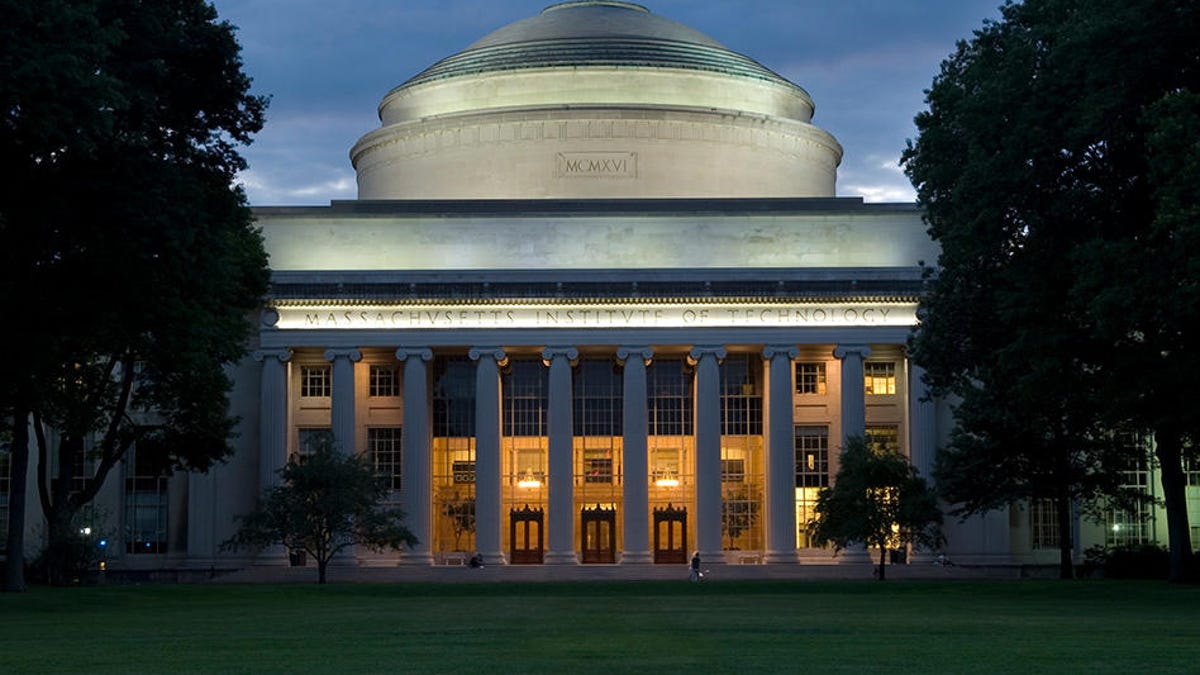MIT president knew about Jeffrey Epstein donations to Media Lab
The university "should have asked more questions about Jeffrey Epstein," its president now says.

MIT's president signed a thank you letter to convicted sex offender Jefrey Epstein for his donations to the Media Lab.
MIT President L. Rafael Reif has admitted he not only knew about the donations by Jeffrey Epstein to the university's Media Lab but also signed a thank you letter to the convicted sex offender. In a note to the MIT community Thursday, Reif said he doesn't recall signing the letter but that it happened in August 2012, six weeks into his presidency.
The donations from the financier were used for purchasing lab equipment and supporting the scientists, he said, and senior administration members were also aware of the gifts the Media Lab received between 2013 and 2017.
MIT's president even conceded the donations were discussed during at least one meeting where he was present.
"I am aware that we could and should have asked more questions about Jeffrey Epstein and about his interactions with Joi," Reif said, referring to former Media Lab Director Joi Ito, who resigned Saturday after The New Yorker reported that the lab had more contact with Epstein than it had revealed and that it worked to conceal those dealings. Reif said flaws in the university's processes need to be fixed.
MIT's law firm, Goodwin Procter, has also found that in 2013 when the first donation was discovered by senior administration members, Ito "asked for permission to retain this initial gift," Reif said in his letter. Reif's senior staff allowed this, but "because the members of my team involved believed it was important that Epstein not use gifts to MIT for publicity or to enhance his own reputation," they instructed Ito to tell Epstein his name couldn't be publicly listed on the donations.
"They knew in general terms about Epstein's history -- that he had been convicted and had served a sentence and that Joi believed that he had stopped his criminal behavior," Reif said. "They did not know what we all know about Epstein now."
Epstein last month committed suicide in jail while facing charges of sex trafficking.
The Media Lab said in an August statement that MIT had received around $800,000 in donations from Epstein over 20 years. Later, Ito acknowledged taking $525,000 from Epstein for the Media Lab, as well as $1.2 million for his personal investment funds, according to The New York Times.
The New Yorker report, which cited internal MIT records and information from present and former Media Lab faculty and staff, said Epstein secured at least $7.5 million in lab donations, including $2 million from Microsoft founder Bill Gates. Gates says he had meetings with Epstein, but only because Epstein knew a lot of wealthy people who might contribute to causes like global health.

